Ørecomm Festival 2013
Ørecomm – Centre for Communication and Glocal Change invites researchers, artists, students and practitioners to its 3rd Festival, 13–16 September 2013. The Festival will start in Roskilde (1 day), move on to Malmö (2 days) and close in Copenhagen (1 day):
Memory on Trial:
Media, Citizenship and Social Justice
Living memory is a process by which citizens create meaning of the present and near past. Living memory confirms, explores or challenges dominant understandings of societal development. The media are dominating agents of memory, producing as well as silencing tensions between living memories and established history. This conflict between official history and its alternative or silenced voices has become a central concern of media, communication and cultural studies. In recent decades, we have witnessed a memory turn in the humanities and social sciences, with implications for the field of communication for development.
The third Ørecomm Festival puts the memory turn under scrutiny, addressing living memories in relation to two other central components of public sphere engagement: citizenship and social justice. As citizens we (can) actualize or make a public – and in this making we inevitably engage with social justice. Citizenship and Social Justice are of primary importance in societal debates concerning what, how and for whom we should remember – not least in transitional processes of attempted healing and conciliation. Memory work may be decisive for a society’s ability to live and develop in peace. The Festival organizers welcome investigations and interrogations of memory and how it affects aspirations for social justice and sustainable development.
Kendall Phillips (2004) interprets the notion of living memory as, firstly, a memory of publics providing an arena where citizens come together and act. The rhetorical, and possibly agonistic, struggle of public memory can be related to Hannah Arendt’s notion of action which emphasizes the collective nature of a citizenry, disclosing and expressing itself with others – to perform actions not possible on ones own. The meeting of agency and action coupled with memory, poses a new subfield of interest to communication research around social change. An added factor, of particular concern in media studies, is the representations of memory, or the publicness of memory. They may both lead to dispute and contestation, especially in situations of conflict and political violence. Memories of victims, survivors and/or testimonies/confessions of perpetrators play crucial roles in Truth Commissions and other forms of truth-telling and transitional justice.
The overarching notion of living memory which Kendall Phillips (2004) also names public memory is divided into three different forms by Edward Casey (2004). In addition to the first level, individual memory, there is social memory held by a group affiliated as family, neighborhood, community or those in a common project. The third level, Casey introduces is collective memory, memories distributed over a population that does not necessarily know each other but who may recall or retell the same event in a roughly similar manner – due to media representations and media as memory agent. References.
The Ørecomm Festival invites researchers, artists, students and practitioners to send proposals for papers, art works, and other interventions that scrutinize memory and explore its relationship with media, citizenship and social justice.
| Abstracts due (200-300 words): | 24 June 2013 |
| Acceptance message: | 1 July 2013 |
| Registration (online 1 June 2013): | 1 September 2013 |
| Contact to Festival committee: | orecomm@gmail.com |
Proposed themes include, but are not limited to:
- Social Justice and Development
- Memory and Media Ethnography
- Imagining the City
- Storytelling and Mediatized Public Spheres
- Fiction, Truth and Transitional Justice
- Movements and Memory
- Remembering Revolution
- Art and Activism
- Archives, Heritage and Intervention
- Memories of Modernity
- Coping with Conflict
- Remembering Public Space
- Global Citizenship
- Deliberation and Voice
- Cosmopolitanism and Communalism
The Ørecomm Festivals 2011-2013: A collaboration between the universities of Roskilde, Denmark and Malmö, Sweden. The first Ørecomm Festival, Agency in the Mediatized World (2011) drew attention to the combined concepts of agency and mediatization. The second festival, Reclaiming the Public Sphere (2012) focused on the public sphere. This year’s Festival shares the concern of previous festivals with active citizenry and publics, but with the focus on memory and justice as inevitable priorities in battles to define the past and the future.
Organizers: Orecomm Centre for Communication and Glocal Change: orecomm.net

 New PhD opportunities at the University of Leicester
New PhD opportunities at the University of Leicester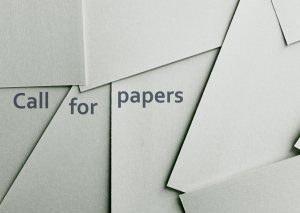 Call for Abstracts: New Directions in Media, Communication and Sociology (NDiMS) Conference
Call for Abstracts: New Directions in Media, Communication and Sociology (NDiMS) Conference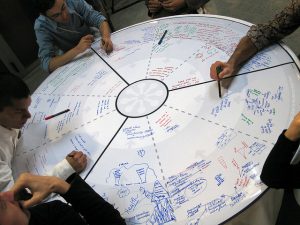 Ørecomm Team to Gather at the University of Coimbra
Ørecomm Team to Gather at the University of Coimbra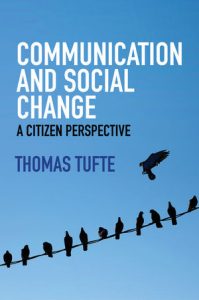 “Communication and Social Change – A Citizen Perspective” Published
“Communication and Social Change – A Citizen Perspective” Published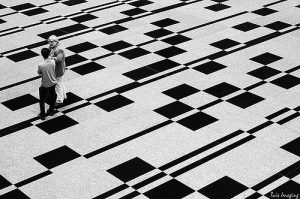 C4D Network to Sum Up Global Communication for Development Practice
C4D Network to Sum Up Global Communication for Development Practice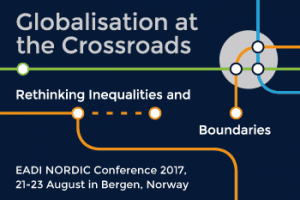 Entering Media and Communication into Development Conferences?
Entering Media and Communication into Development Conferences?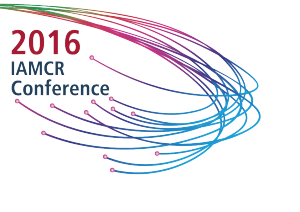 IAMCR Conference 2016: Communication for Development Highlights
IAMCR Conference 2016: Communication for Development Highlights Glocal Classroom Revisited – Storytelling & Social Change Leicester-Malmö
Glocal Classroom Revisited – Storytelling & Social Change Leicester-Malmö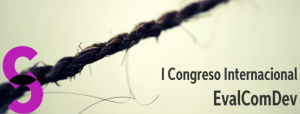 I EvalComDev International Conference: Call for Papers
I EvalComDev International Conference: Call for Papers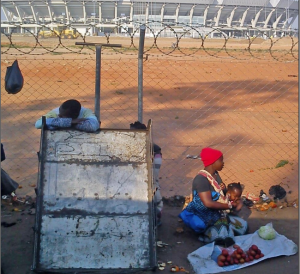 Looking for Media and Communication in Development Conferences: Devres 2016
Looking for Media and Communication in Development Conferences: Devres 2016